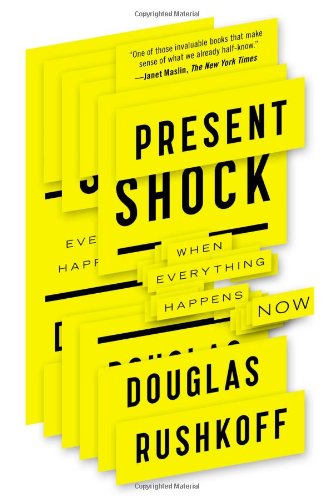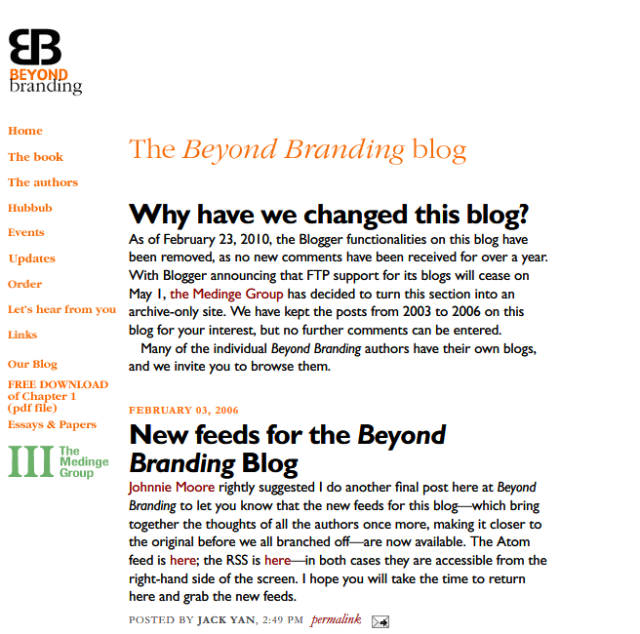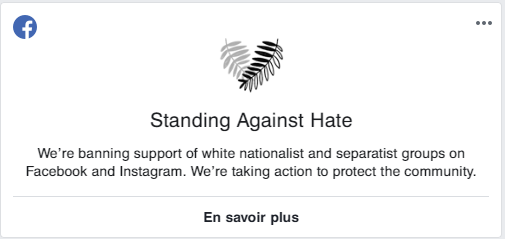This blog post was originally published at Social Media NZ. Michael Moore-Jones has written a post in response here.
 I read with interest Michael Moore-Jones’s review of Quora. He is very enthusiastic about the new website, and with some good reasons.
I read with interest Michael Moore-Jones’s review of Quora. He is very enthusiastic about the new website, and with some good reasons.
I’m still in the “wait and see” camp. I joined, part of that 2011 rush he wrote about, though I had heard of the site earlier. However, I stumbled into Cwora, the spoof site, before I ever signed up into Quora.
Quora is attractive for now because of the people on it. The folks who invited me I both respect, so, like other networks in their infancy, you think there’s a nice community of well educated people on it. But, will it always stay that way?
I’m not entirely sceptical. I think Quora can grow, just as any other social network with a bit of momentum has grown for a period.
However, I look at the flip side, too.
I’m writing today after a few quiet days on Facebook and Twitter. The quietness is either down to winter blues (if you are in the northern hemisphere) or summer holidays (in the southern). Or, you can be cynical like me and say that people are “virtually socialized” out, that, after all this time on the two networks, we’re looking for other stimuli. Maybe real life?
Facebook is, as it has been to me since I joined in 2006, a tool. I admit I have been suckered in to having it as a time-waster as well. But that seems to be out of my system. I’ve organized school reunions on it; I’ve played quizzes on it. Other than as a tool to talk to people, it no longer holds much appeal to me as a social network where I want to waste time.
Twitter was ruined when the Twitbots started trawling the Twitterverse for other accounts to follow. I used to delete them as they came in. I can’t be bothered any more. Bots, follow away. Last week, I had nine consecutive bots follow me before I Tweeted a whinge and cheekily got a human (who un-followed and re-followed).
Perhaps it’s the economy kicking off again. There are things to do, things we put on hold for a few years while we reoriented ourselves. Facebook—forget it, it’s not important. Tweetbots, why should I care?
I wrote a few years ago, for one of the Happy About series of books predicting the following year, that people would go back to brands they trusted for online entertainment. That hasn’t happened—Facebook has continued to grow and become something that Altavista, Infoseek, Go and the like failed to in the 1990s. It has become a portal, somewhere where people go to before they even venture to the loo each morning, and where they can springboard to other places. Forget Google: Facebook has edited your interests for you.
But is it happening now? That we’ve become so used to Facebook that it’s invisible? And if it is invisible, then maybe we’ve incorporated it into our lives so it’s no longer a novelty. We take it for granted, like television or radio. As a medium, it is noise. It’s just there.
Not long ago, we of the Gen X years sat round the telly and enjoyed our two state-owned channels. There was a shared culture of everyone watching the same things. Because there was nothing else to watch. Television was the novelty and, oh, the choices we had with two channels! And, in 1989, the choices we had with three!
Where is that wave of excitement now? Television might try to innovate with Tivo or HD, but I watch so little of it now. Very, very little on prime-time even piques my interest, when all that seems to reside on the terrestrial channels are reality shows (I live in reality, thank you—I don’t need Mark Burnett’s version of it), NCSIS: Duluth, Law and Order: the Unit without Alicia Witt and Everybody Loves Ramsey.
In the early 1990s, it was the ’net. So we all rushed to it. We all got email addresses—I’ve had mine since the late 1980s. But who among us doesn’t now see email as vanilla, as noise, and even as an annoyance?
The appeal with email in, say, 1992, was a growing number of people on it. Usually our peers. And those who were not our peers were well educated people who had some similiarities to us. The business people on it were often trying to learn beyond their borders, as was I. I looked at telex machines and marvelled years before. I saw War Games and marvelled. Now this stuff was becoming real, on the screen in front of me.
Then the spammers came and ruined it.
But, never fear, there were blogs. Blogs were the next frontier, and so many blogs were worth following and reading.
Then the sploggers came and ruined it.
YouTube, what a great way to watch videos!
Then the commenters came and ruined it.
The pattern repeats, and while Quora compares favourably to the likes of Yahoo! Answers (which has also, in some part, been affected by netizens who just want to vent and be cheeky), will it ultimately become vanilla?
It seems there are two choices. One is to get big and risk the same-old downward trend of the other services. The other is to think small.
LinkedIn, despite falling into a funk in the middle of the decade for me, seems to be back with a vengeance—but as a fairly closed network where they’ve insisted that you only connect with those you know and wish to do business with. On Facebook, we might waste time. On LinkedIn, we’re talking about commerce—would we happily lend our name to being someone’s connection? If you tell me you have 5,000 connections, I might think twice about your worth to me—whereas on Facebook, I’ve ceased to care about one’s number of “friends”.
A Small World, which some have labelled ‘Snobbook’, revels in its exclusivity—I’ve certainly been picky in whose invitation I accept, again, thanks to the site’s strictness.
Yet I have come to trust both brands. They are still tools, but neither has been ruined in the eight and six years I have been on them respectively.
I’m going to hold back on being as enthusiastic as Michael. We are on the hunt for the next big thing, but I have a feeling it’s going to be something even more radical—as in, upgrade-your-gear-or-miss-out radical. Luddites queue here!







Postscript: Quora site is down at the time of writing. Guess we will have to deal with “real life” for a few hours. Not such a bad thing.
As long as it is not produced by Mark Burnett or Endemol, I will be happy with that.
Oh, there will be. Until something proves itself useful to me, I won’t deal with it. I was never one to immediately jump ship whenever the “newest and shiniest” thing came out. I’m old. I’m patient. I’m not against change but to change… for change sake? Not for me. If it isn’t broke, don’t fix it. Same with technology, relationships, people, tradition, et cetera… I’m one of the last holdouts even though I deal with some of the most advanced minds & things in the world due to my work.
Now I’m going to unplug and take a drive in my `73 Caddy Fleetwood Brougham to listen to my 8-track player.
My view is: we are in charge of the technology, not the other way around. I think you and I see that the same way. Pity a lot of other people let the tech control them.